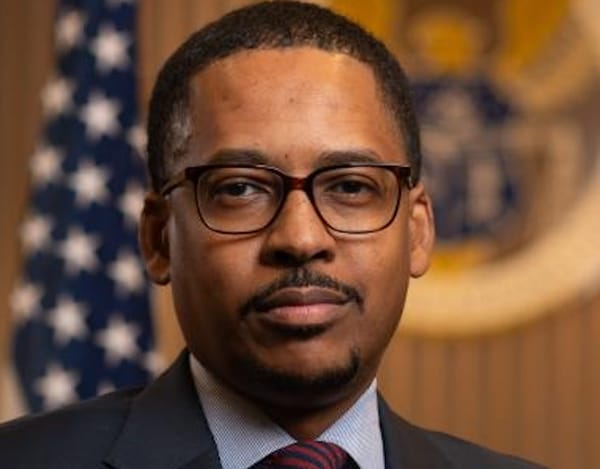Governments and Central Banks Continue to Be Necessary with ‘Stable Coins’ and Cryptocurrencies
September 8, 2020—Could so-called “stable coins” be the currency of the future? That’s what Andrew Bailey, governor of the Bank of England projected in a Thursday webinar on cryptocurrencies like Bitcoin. Such a shift might increase the speed of payments and lower the cost of currency, especially in

September 8, 2020—Could so-called “stable coins” be the currency of the future?
That’s what Andrew Bailey, governor of the Bank of England projected in a Thursday webinar on cryptocurrencies like Bitcoin.
Such a shift might increase the speed of payments and lower the cost of currency, especially in terms of global payments where fees are exponentially higher than domestic payments, argued Bailey.
Christopher Brummer, professor at Georgetown University, and Blythe Masters, industry partner at Motive Partners, agreed with Bailey that stable coins would need more regulation before becoming a viable payment method.
Bailey specifically mentioned that stable coins would need to meet domestic standards first, and then meet global standards.
Such standards should provide a level of security like central banks and may even require more regulation than current payment methods such as cash or check.
“The public is not likely to understand that stable coins provide less robust protection than other methods, therefore there must be greater regulation,” said Bailey.
Not everyone agrees that stable coins would be equipped to replace current payment methods.
Fennie Wang, founder of Dionysus Labs, said that stable coins are primarily used for cryptotrading and investments—not payments.
“The velocity of stable coin is high,” she said. “It changes hands fast.”
Many question what role central banks and governments need to play in a world of cryptocurrency.
“If central banks and government took over a role that the private sector could manage, we might risk strangling other payment methods,” said Eswar Presad, senior fellow at Global Economy and Development.








